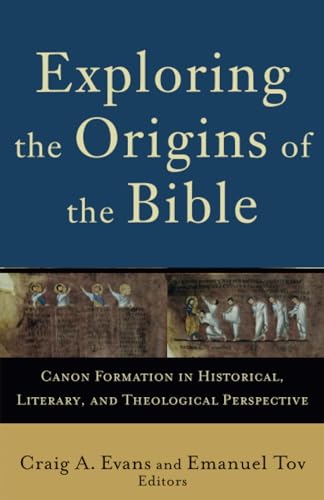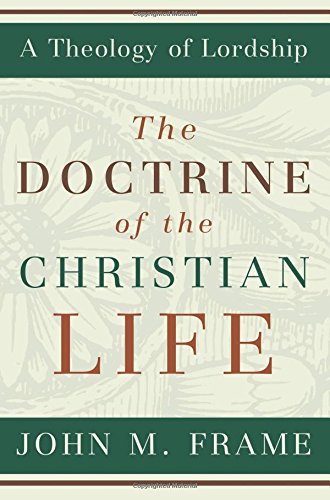Retrieving the Natural Law: A Return to Moral First Things
Written by J. Daryl Charles Reviewed By Hans MaduemeThe book’s main thesis is that Protestants need natural-law thinking. Charles faults the Protestant tradition for contributing to the absence of natural-law discourse, not least in its various historicist, existentialist, and pietistic tendencies (pp. 20–23). This “Protestant Prejudice” often results from two concerns, the first in worries that natural law reflects passé medieval thought that dubiously privileges biological innateness in human nature, the second in fears that it trivializes the noetic effects of sin (e.g., pp. 112–13). As Charles rebuts all these concerns, it is clear that he is intimately familiar with, and sympathetic to, the massive Catholic scholarship on this subject—though he himself is broadly Reformed and evangelical. He also makes much of Karl Barth’s huge influence among Protestants in saying “Nein!” to any concession to natural-law thinking—a fateful mistake, Charles argues (agreeing with the similar judgment in Grabill, Rediscovering the Natural Law in Reformed Theological Ethics [Eerdmans, 2006]). Having made a case for natural law in chapters 1–5, Charles then applies these insights, more constructively, to ethical and bioethical debates in chapter 6–7 (e.g., personhood, suffering, moral responsibility, and much more). The discussion is more focused in chapter 8 when he uses euthanasia as a test case, and then in chapter 9 the scope broadens to include “the natural law and public morality.” Charles has successfully shown that natural law, rightly understood, is part of the Protestant heritage, though theologians will surely want to hear more about the role of revealed theology. Some might worry that parts of the book depend too heavily on Catholic sources (e.g., John Paul II and Aquinas). Later chapters were expansions of previously published material and did not always fit well with the whole (e.g., chap. 7). But the book, impressive in its catholicity and breadth of argument, deserves a wide hearing.
Hans Madueme
Hans Madueme is associate professor of theological studies at Covenant College in Lookout Mountain, Georgia.
Other Articles in this Issue
We begin with a question of translation. Many translations place a period after the word “conviction” in 1 Thess 1:5: “in power and in the Holy Spirit and with full conviction...
The Inexhaustible Fountain of All Good Things: Union with Christ in Calvin on Ephesians
by Lee GatissJuly 10, 2009 was the 500th birthday of the acclaimed French Reformer John Calvin...
The name of Martin Luther is perpetually linked to the doctrine of justification by faith alone...
Of the many questions currently surrounding the discussion about justification, the relationship between justification and spiritual fruit merits attention...
Every year a few students ask me my thoughts about whether they should pursue doctoral studies and I respond with what has come to be known as ‘The Speech...







